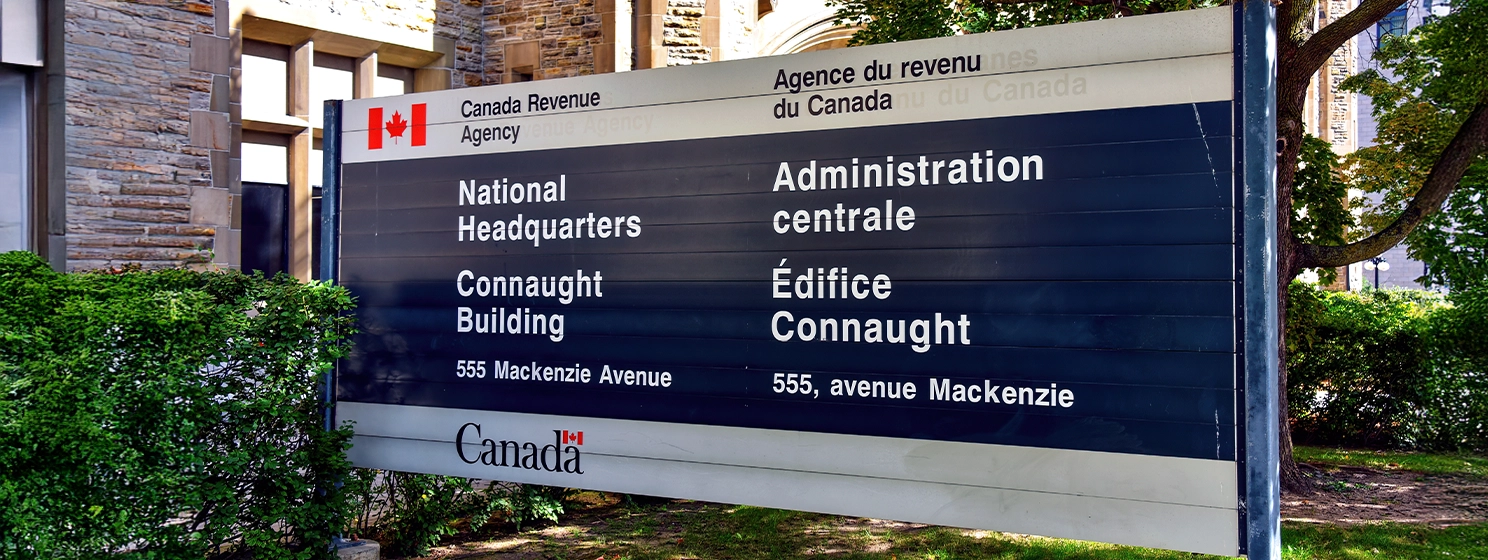|
Getting your Trinity Audio player ready...
|
The United States Securities and Exchange Commission (SEC) saw progress in two of its cases last week, as a bankruptcy court approved Terraform Labs winding down its operations, meaning the company is a step closer to being able to pay some of the $4.47 billion it owes—along with founder Do Kwon—to the regulator. Meanwhile, a Texas federal court judge dismissed a lawsuit brought by blockchain company Consensys against the SEC that claimed the agency was investigating Ethereum to classify it as a security.
In the first of these two positive results for the SEC, Judge Brendan Shannon of the U.S. Bankruptcy Court for the District of Delaware approved Terraform’s bankruptcy plan, according to a September 19 Reuters report.
The case emerged from the May 2022 collapse of Terraform Labs, when its UST algorithmic stablecoin lost its peg to the U.S. dollar, leading to the printing of more of the company’s native token, LUNA, in an attempt to prop up UST. This eventually led to a crash in LUNA, and the whole Terra ecosystem came tumbling down, with an estimated $60 billion being wiped out of the digital asset space.
In February 2023, the SEC charged Terraform and Kwon in the U.S. District Court for the Southern District of New York with securities fraud and for offering and selling securities in unregistered transactions. In December, the court found the pair liable for the latter. Terraform filed a voluntary Chapter 11 petition in the U.S. Bankruptcy Court for the District of Delaware on January 21, 2024, only a couple of months before a jury unanimously found the company and its founder liable for securities fraud, in April.
The SEC argued that the pair should pay $4.7 billion in disgorgement and prejudgment interest, and $420 million and $100 million, respectively, in civil penalties. Terraform’s legal team produced a somewhat smaller number, suggesting the court impose a maximum $1 million civil penalty. Eventually, in June, Terraform and Kwon agreed to pay more than $4.5 billion.
In last week’s hearing, the company reportedly suggested it could pay between $185 million and $442 million as part of its winding down plan, but its total losses were “impossible to estimate.” Judge Shannon reportedly called the plan a “welcome alternative” to further litigation to address investor losses.
Both the SEC’s lawsuit and bankruptcy cases have moved forward without Kwon’s attendance, in person. After the Terra-LUNA fiasco, Kwon appeared to go into hiding—although he has denied this interpretation—as authorities in his native South Korea issued an arrest warrant for him in September for violating capital market rules with Terraform Labs.
He was arrested in Montenegro in 2023 after attempting to board a flight to Dubai using falsified travel documents. Since then, he has served four months in Montenegrin prison while the U.S. and South Korean authorities haggled over who gets to prosecute him first.
It remains unclear where the disgraced Terraform founder will end up, as his extradition case has bounced back and forth between Montenegro’s lower and higher courts for several months.
Meanwhile, back in the U.S. Kwon’s longtime adversary, the SEC, received another minor victory last week, this time against blockchain company Consensys.
Federal judge dismisses Consensys’ suit vs SEC
On September 19, a Texas federal judge dismissed a lawsuit filed by blockchain development firm Consensys against the SEC and its five Commissioners.
On April 25, Consensys Software Inc. filed a complaint in the U.S. District Court for the Northern District of Texas against the SEC, its chairman Gary Gensler and its other four commissioners. The complaint sought protection from the SEC’s “regulatory overreach” and “the ambition of the administrative state to control innovative technologies.”
The suit sought to block the SEC from bringing enforcement action over aspects of its MetaMask wallet software and, in a controversial—and somewhat speculative—gambit, Consensys also requested the court declare that Ethereum (ETH) is not a security. Specifically, that “Consensys’ sales of ETH are not sales of securities.”
Consensys claimed the SEC opened an investigation into Ethereum and planned to regulate it as a security, citing a Wells notice over MetaMask’s swap and staking services as evidence of this.
Eventually, in June, the SEC filed a civil complaint against Consensys for failing to register as a securities broker and for failing to register the offer and sale of certain ‘crypto’ securities through MetaMask Swaps.
However, in the order issued last Thursday, Judge Reed O’Connor dismissed Consensys’ claims around MetaMask, saying “enforcement actions do not constitute final agency actions.”
He added that the pre-enforcement Wells notice “neither marks the consummation of the agency’s — i.e., SEC’s — decision-making process nor establishes Plaintiff’s legal rights or obligations,” and it also doesn’t “impose legal consequences” on the company.
O’Connor also dismissed Consensys’ claims about the SEC’s investigation into ETH as moot after the firm said in July that the regulator had dropped this particular investigation after approving ETH exchange-traded products (ETPs) in May.
In other words, the court rejected the company’s plea to rule on the nature of ETH, as it is no longer the subject of any current case in front of the court.
“Unfortunately, the Texas court today dismissed our lawsuit on procedural grounds without looking at the merits of our claims against the SEC,” said Consensys, in a September 19 post on X (formerly Twitter).
It added that “the SEC dropped its “Ethereum 2.0” investigation after our litigation was filed, and the Texas court today recognized that the SEC already gave Consensys the relief it sought on that critical issue for the Ethereum ecosystem.”
The firm also said it would “keep fighting” the SEC’s lawsuit over its MetaMask software.
Watch: Building more trustworthy internet of the future with Metanet

 12-13-2025
12-13-2025 





